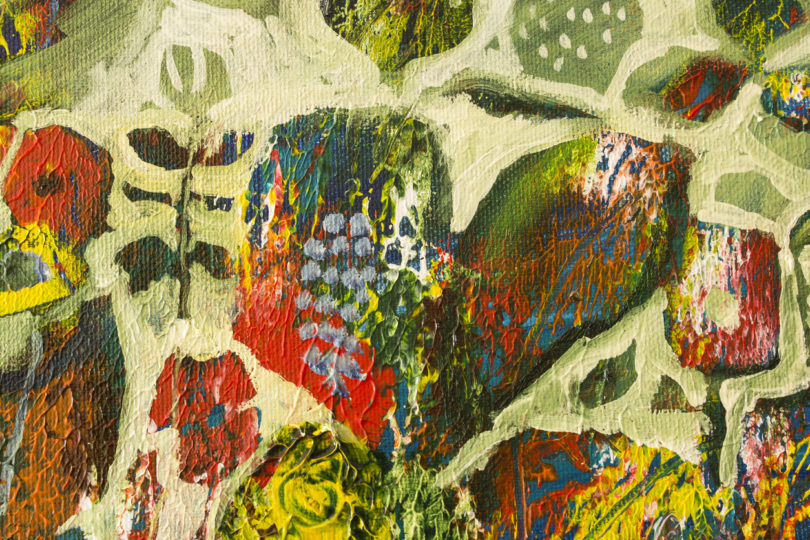My late grandfather had a fingertip pulse oximeter. He’d slip it over his finger, and it would measure his heart rate and the oxygen saturation of the blood in his arteries. He was intrigued with this little device. It gave real-time feedback on what his body—specifically his heart—was up to. I’d put it on my finger and try to deliberately lower my heart rate. I’d slow my breathing and manipulate the numbers on the device. It was meditative and helped me relax. I think my grandfather also enjoyed it.
Your heart is a spectacular piece of biological engineering. It’s the “Energizer Bunny” of the body, giving a person over three billion beats in an average lifetime and pumping enough blood to completely fill two oil tankers. Take a tennis ball and squeeze it with your fist. That’s about the same amount of effort your heart exerts with every pump, all your life, while never getting fatigued.
Your heart is mysterious and metaphysical. Inexplicably, we say that we experience emotions through it. When our love life languishes, we are heartbroken. When we are touched emotionally, what we experience is heartfelt. And when courage is required, we summon what’s in our heart. It is both the physical and symbolic source of our strength but also where we feel the pain of our emotions. It can be our most valuable asset and our greatest vulnerability.
Our hearts are also the inspiration for creative endeavors of all kinds. Poets will never stop writing about the heart, philosophers will always ponder its significance, and scientists will never unlock all of its secrets. It’s a lot like the moon in that sense; we can measure it and map its surface, but we will never know how it became what it is. So, we might as well just appreciate its beauty, just like that of someone we love and admire.
I think the scientist in my grandfather loved the data from his pulse oximeter. But the artist in him knew that no device could ever measure all that our hearts are capable of.



